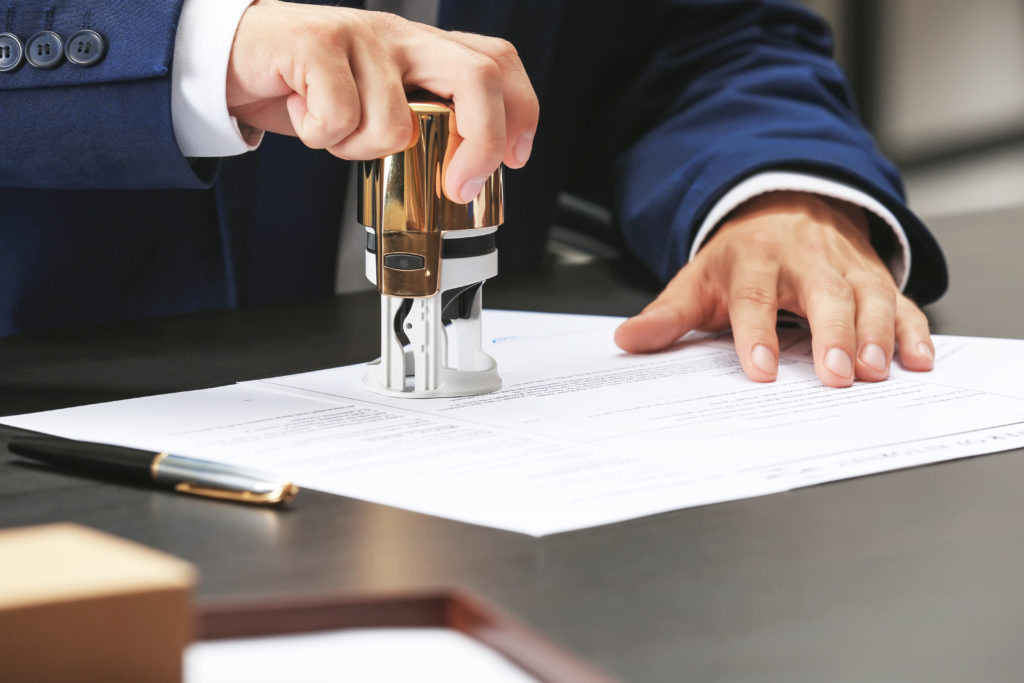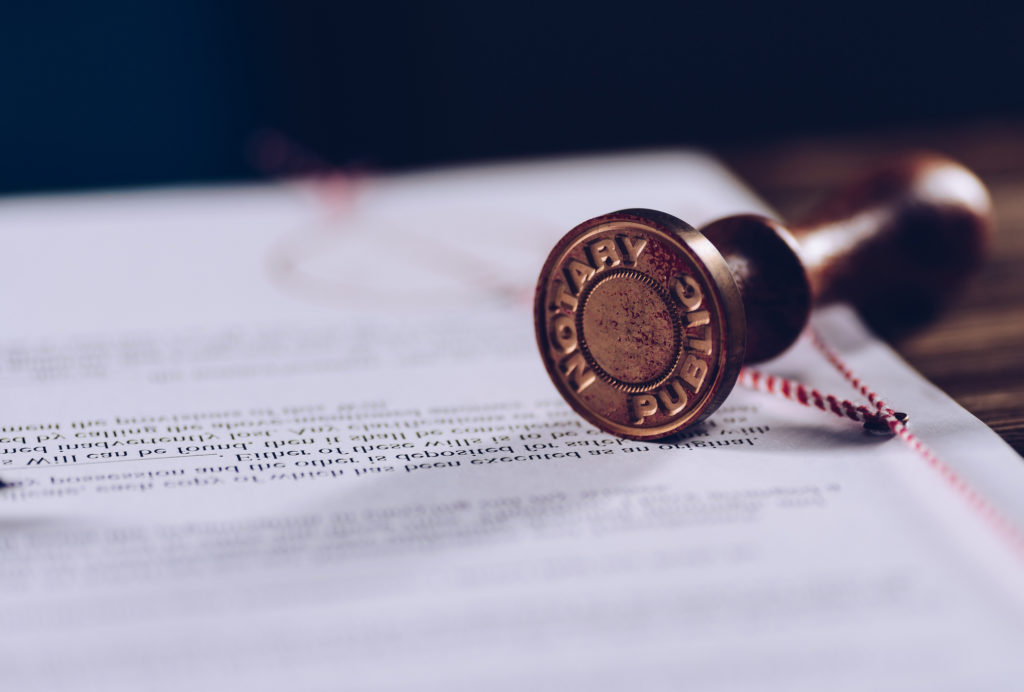Notary Public: Your Trusted Witness and Paper Authenticator
Notary Public: Your Trusted Witness and Paper Authenticator
Blog Article
Debunking Notarial Job: Streamlining the Function and Significance of Notaries
Their function, usually shrouded in enigma for several, lugs considerable weight in making sure the credibility and integrity of essential documents. By untangling the intricacies surrounding notarial practices and losing light on the importance of their acts, a more clear understanding arises of the crucial role notaries play in supporting the textile of lawful and contractual arrangements.
The Background of Notarial Job
The history of notarial job days back to ancient people, where scribes played an important duty in recording crucial details and verifying papers. This led to the development of notaries, people assigned by the state to act as unbiased witnesses in lawful issues.
Throughout the Middle Ages, notaries obtained importance in Europe, with their features expanding to include preparing lawful files, accrediting trademarks, and preserving records. The increase of worldwide profession even more highlighted the relevance of notarial job in verifying contracts and agreements throughout borders.
In the modern age, notaries remain to play a vital role in legal and service deals by confirming identifications, validating the credibility of records, and avoiding fraud. Their function in accrediting the credibility of contracts adds a layer of safety and security and depend on to the ever-evolving landscape of business and legislation.

Responsibilities and Responsibilities of Notaries
Notaries play a crucial role in validating the authenticity of records and the identification of signatories. One of their main responsibilities is to witness the finalizing of crucial documents, such as wills, actions, and contracts, to make certain that all parties are entering into contracts intentionally and voluntarily.
In addition, notaries are entrusted with carrying out affirmations and oaths, which are vital in legal process and the execution of sworn statements. They accredit duplicates of initial records, providing guarantee to establishments that the copies are real replicas of the originals. Notaries need to maintain exact documents of all transactions they oversee to make sure openness and responsibility. On the whole, the duties and responsibilities of notaries are necessary in guarding the honesty and validity of numerous records and purchases.
Notarial Certificates and Signatures
Exemplifying meticulous focus to information, notarial certificates and signatures work as crucial parts in confirming the authenticity of legal records. Notarial certifications normally include important information such as the day of registration, the names of the signatures, a summary of the record, and the notary's main seal. These certifications give a clear document of the notarial act, making sure that the file can be conveniently determined and traced back to the notary that supervised the process.
Trademarks play a critical role in notarial job, as they symbolize the contract and consent of the events included. Notaries carefully witness the finalizing of files to validate the identity of the signatories and confirm that they are authorizing of their own free will. By fastening their official seal and trademark to the paper, notaries license that the essential procedures have been adhered to and that the paper is valid and enforceable.
Basically, notarial certificates and signatures are the characteristic of authenticity in legal purchases, offering guarantee to all parties included that the documents are legit and binding.
Importance of Notarial Acts

Registration Process Explained
The notarization procedure commonly starts with the individual presenting the document to a notary public. Once the Check Out Your URL identification is validated, the notary makes sure that the individual authorizing the paper does so have a peek at these guys willingly and without any threat.

Verdict

Notarial certificates typically include critical information such as the date of notarization, the names of the notaries, a summary of the record, and the additional hints notary's main seal. These certificates offer a clear record of the notarial act, making certain that the document can be easily determined and traced back to the notary that looked after the procedure.
By affixing their main seal and trademark to the document, notaries certify that the required treatments have actually been adhered to and that the record is enforceable and valid.
By validating the identity of the signatures, validating their willingness to enter into the agreement, and licensing the day and area of the finalizing, notaries play an important function in promoting the legitimacy of lawful papers.After the record is authorized, the notary will certainly attach their main seal or stamp onto the paper.
Report this page